”You control your destiny —
you don’t need magic to do it“
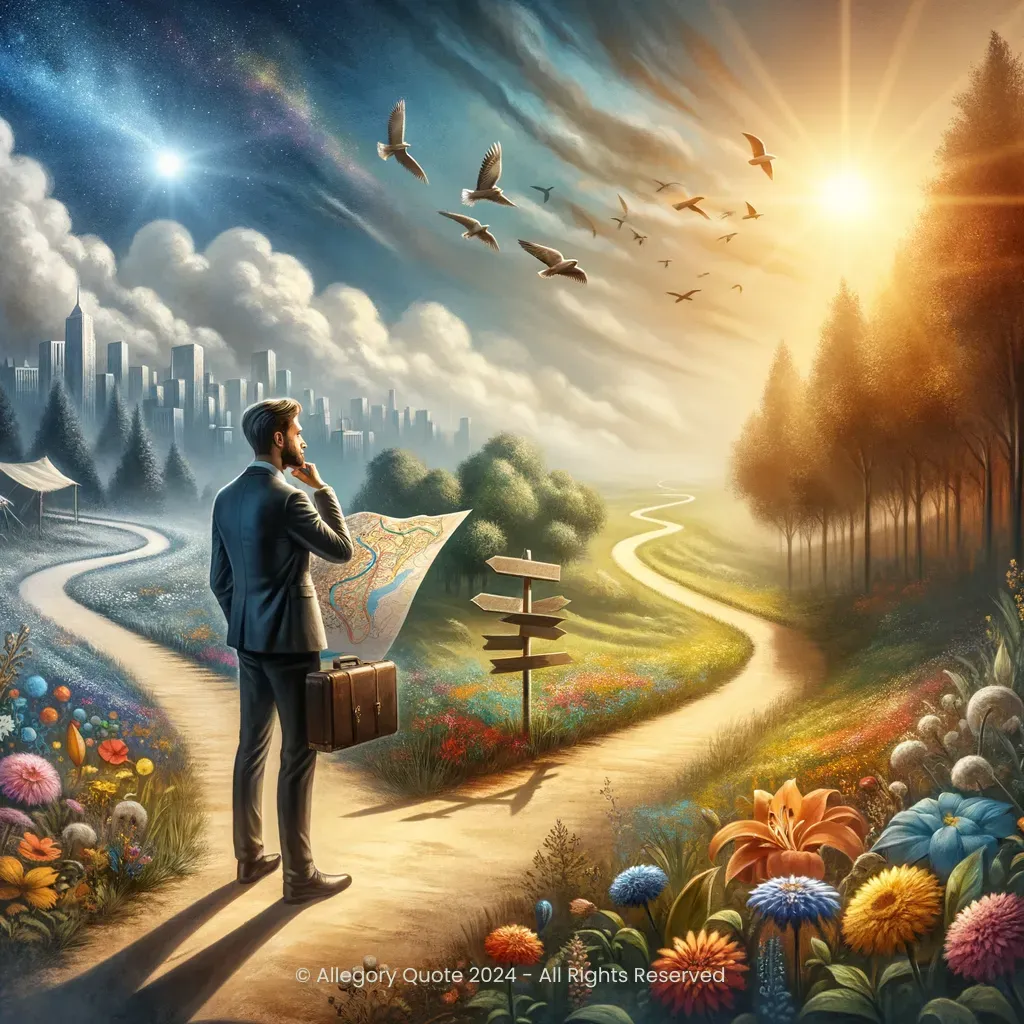
0
0
0
0
- Meaning
- The meaning of this phrase revolves around the concept of self-determination, suggesting that individuals possess the power and resources within themselves to create the life they desire. It implies that one’s actions, choices, and mindset are the true forces behind success and happiness, rather than external factors or mystical forces. Philosophically, it draws from ideas of existentialism, which posits that individuals must forge their own paths, and psychologically, it reflects notions of empowerment and intrinsic motivation.
- Allegory
- The elements in the allegorical image narrate the journey of self-empowerment and control over one's own destiny. The crossroads symbolize the choices we face in life, while the contrasting paths embody the consequences of our decisions. The bright, vibrant landscape represents the fulfillment that comes from actively pursuing one's goals, whereas the shadowy forest indicates the potential pitfalls of inaction or surrendering to fate. The individual’s confident stance alongside the map illustrates the concept of navigating life with intention and purpose, emphasizing that it's within our reach to manifest our dreams and aspirations.
- Applicability
- This phrase can be applied to personal life by encouraging individuals to take ownership of their actions and decisions. It serves as a reminder that instead of waiting for outside help or relying on luck, one should actively pursue their goals, make conscious choices, and believe in their capacity to effect change in their lives.
- Impact
- The impact of this phrase has resonated widely in personal development and motivational contexts, inspiring countless individuals to take control of their lives. It has been quoted in various self-help materials, workshops, and motivational speeches, reinforcing the idea that people have the agency to shape their destinies and find fulfillment.
- Historical Context
- The phrase likely emerged in the late 20th or early 21st century, coinciding with a resurgence of interest in personal development, self-help literature, and motivational speaking that encourages people to harness their own power and capabilities. It reflects a broader cultural shift towards individualism and self-empowerment.
- Criticisms
- Some criticisms may argue that the phrase oversimplifies the complexities of life and ignores systemic barriers that can impede personal agency. For example, while individuals may strive for autonomy, they may face socio-economic disadvantages or external pressures that challenge their ability to shape their destinies fully. The counterargument would focus on the importance of mindset and personal choices as fundamental aspects of human experience, suggesting that even in difficult circumstances, the potential for agency exists.
- Variations
- Variations of this phrase exist in many cultures, often revolving around themes of personal responsibility and self-empowerment. For example, in certain Eastern philosophies, the idea of karma emphasizes the consequences of one's actions, suggesting a different interpretation of destiny and control over one’s life. This reflects a universal understanding that, regardless of cultural differences, the essence of taking charge of one's life transcends borders.
-
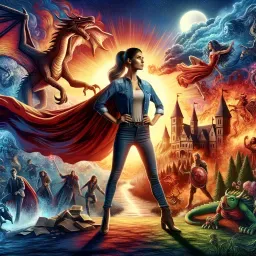
I’m a damsel, I’m in distress, I can handle this.
-
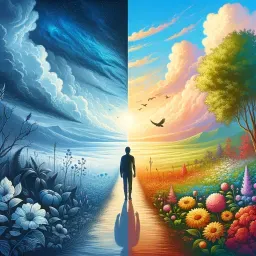
I never look back, darling. It distracts from the now.
-
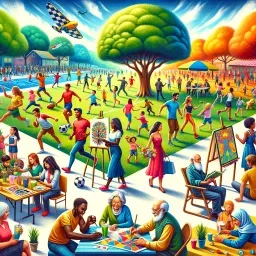
Life’s not a spectator sport.
-

You’re braver than you believe, stronger than you seem, and smarter than you think.
-

Sometimes the right path is not the easiest one.
-
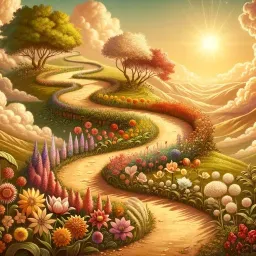
It’s not the destination, it’s the journey.
-
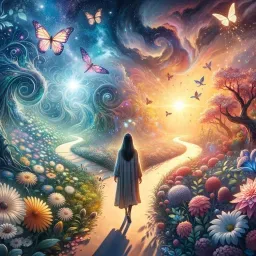
No matter how your heart is grieving, if you keep on believing, the dream that you wish will come true.
-
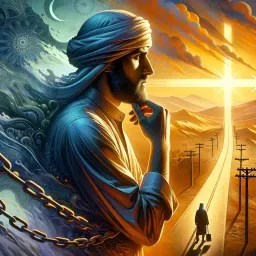
Just when I thought I was out, they pull me back in.
-

If you can’t say something nice, don’t say nothin’ at all.
-

I am Groot.
-

It’s not until you lose everything that you can truly appreciate everything.
-
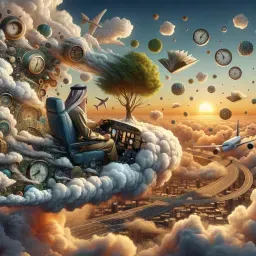
The bad news is time flies. The good news is you're the pilot.
No Comments